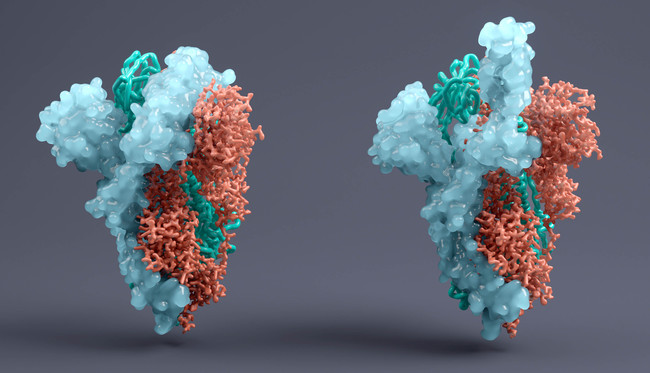AZ, J&J tweaking COVID shots to reduce clotting risks; report

AstraZeneca and Johnson & Johnson are both exploring ways to modify their COVID-19 vaccines to minimise the risk of severe blood clotting reactions that are seen – albeit rarely – in some people receiving the jabs.
At the same time, the UK's National Institute for Health and Care excellence (NICE) is developing guidance to help doctors manage the cases of vaccine-induced immune thrombocytopenia and thrombosis (VITT) and low blood platelet counts that have been seen with the COVID-19 vaccines.
A report in the Wall Street Journal, citing unnamed sources, says that AZ and J&J are carrying out early-stage research into the clotting issue to see if it can be reduced or potentially even eliminated, although it isn't yet clear whether it is scientifically possible – or commercially viable – to do so.
Both vaccines have seen their take-up around the world reduced as a result of the side effects, with a number of countries introducing restrictions on their use in certain age groups.
While vanishingly rare – NICE says cases occur in around 14 people per million doses administered – VITT can be life-threatening and requires a swift diagnosis and sometimes urgent treatment. Its guideline is due to be published before the end of this month.
A few weeks ago, scientists in Germany said they had identified a possible mechanism behind the side effect related to the adenoviral vectors that both the AZ and J&J vaccines use to deliver the genetic code that stimulates the body to make the SARS-CoV-2 spike protein and stimulate an immune response.
They hypothesised that because the adenoviruses deliver the sequences into the nucleus of the cell, they are subjected to processes that cause some mutated fragments of the spike protein to be created that are then jettisoned from cells as part of garbage disposal processes.
These fragments seem to be the trigger for blood clots, according to the team led by Rolf Marschalek of Goethe University in Frankfurt, who think it may be possible to modify the sequences carried by the adenoviruses so the risk of fragmentation is reduced.
In contrast, mRNA vaccines like those from Pfizer/BioNTech and Moderna don't enter the nucleus of cells but remain in the cytoplasm, which seems to prevent the problem, although these shots have been linked to cases of heart inflammation.
The WSJ report says that AZ and J&J scientists are looking at this as well as other potential factors, including their ingredients and the processes used to manufacture them. It suggests that AZ may be able to have a new version that sidesteps the clotting issue by next year.
Both the J&J and AZ vaccines have also been linked to Guillain-Barre syndrome – an immune system disorder that causes nerve inflammation and can result in pain, numbness, difficulty walking.












